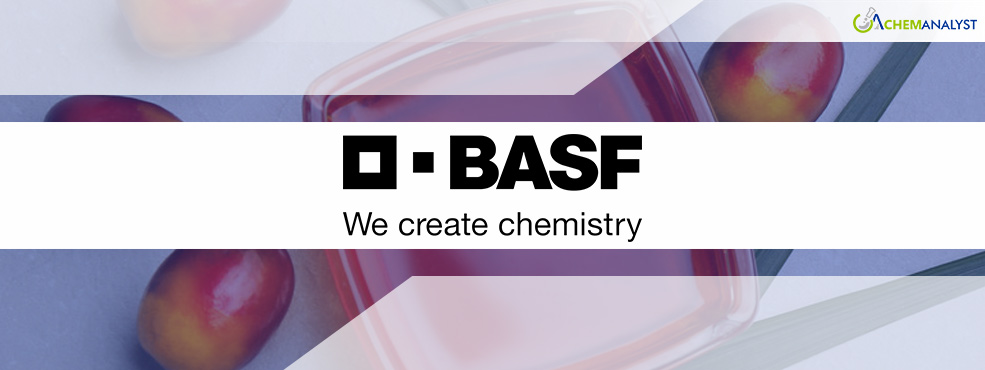Welcome To ChemAnalyst

BASF and INOCAS S.A. (Innovative Oil and Carbon Solutions) have entered into a long-term Supplier Finance Agreement, which includes the offtake of Macaúba Kernel Oil and Macaúba Pulp Oil, as well as a research and development project and future options to acquire equity shares in INOCAS. This collaboration aims to significantly boost Macaúba oil production in Brazil on an industrial scale, enhancing the country’s role in the bioeconomy.
Macaúba (Acrocomia aculeata) is a native Brazilian tree that thrives in semi-arid environments and poor soils. Its fruit can be processed into pulp oil, kernel oil, and residual biomass. Since 2015, INOCAS has developed an innovative approach to cultivating Macaúba trees on degraded pastureland, focusing on improving soil quality and productivity. With its extensive intellectual property and expertise, INOCAS plans to plant 50,000 hectares of Macaúba in partnership with smallholder farmers by 2030. This model supports regenerative agriculture by integrating forestry and livestock farming without requiring land-use changes, offering benefits such as enhanced soil quality, erosion control, and biodiversity. The initiative also aims to improve the livelihoods of smallholder farmers.
Under the partnership, INOCAS will supply BASF with both kernel and pulp oil. BASF will use Macaúba kernel oil in its Personal and Home Care product portfolio in Brazil and Europe, with commercial pilot volumes expected to be available by 2025. Mary Kurian, President of BASF's Care Chemicals division, emphasized that the company is committed to diversifying its supply of sustainable raw materials, with many of its products derived from renewable sources like natural oils. "Macaúba kernel oil represents a new sustainable opportunity in this effort," she noted.
The Macaúba pulp oil will be used to produce bio-naphtha, which can then be converted into polymers, solvents, detergents, lubricants, synthetic fibers, fuels, and other products. BASF plans to begin regular offtakes of Macaúba pulp oil in 2027, as an alternative feedstock to replace fossil resources. This will help BASF offer more renewable products with a lower product carbon footprint (PCF) to its customers.
Johannes Zimpel, CEO of INOCAS, expressed that after a decade of development, the strategic partnership with BASF will enable the rapid scaling of their operations. This collaboration is expected to generate significant social, environmental, and climate benefits by increasing the productivity of degraded farmlands, expanding habitats for native species, and contributing to climate change mitigation.
BASF is dedicated to creating chemistry for a sustainable future, balancing economic success with environmental protection and social responsibility. With approximately 112,000 employees across the BASF Group, the company supports the success of its customers in nearly every industry and country worldwide. BASF’s portfolio includes six key segments: Chemicals, Materials, Industrial Solutions, Surface Technologies, Nutrition & Care, and Agricultural Solutions. In 2023, BASF achieved sales of €68.9 billion.
We use cookies to deliver the best possible experience on our website. To learn more, visit our Privacy Policy. By continuing to use this site or by closing this box, you consent to our use of cookies. More info.
